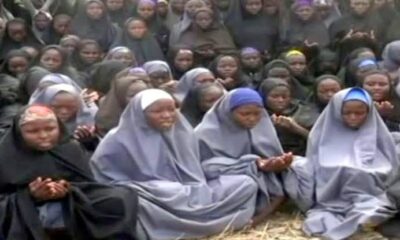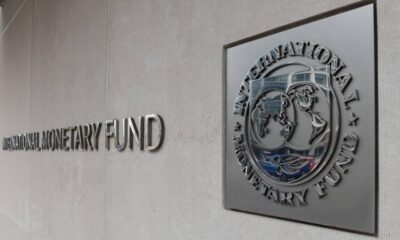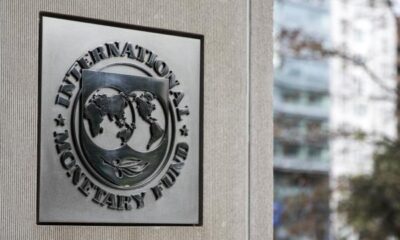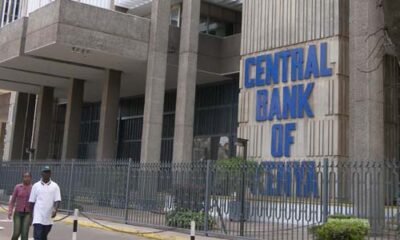Musings From Abroad
Haiti Prime Minister quits and what IMF has to do with it
The embattled prime minister of Haiti, Jack Guy Lafontant, has announced his resignation following days of violent protests sparked by a now-abandoned plan to raise fuel prices
Musings From Abroad
World Bank supports Kenyan central bank’s interest rate hike
Musings From Abroad
WHO says Nigeria is the first country to use new meningitis vaccine
-

 VenturesNow2 days ago
VenturesNow2 days agoSouth Africa’s Tiger Brands says its new plant to help cut costs, lower prices
-

 Metro2 days ago
Metro2 days agoNigerian Christian body begs govt to rescue 89 remaining schoolgirls abducted by Boko Haram in 2014
-

 Behind the News1 day ago
Behind the News1 day agoBehind the News: All the backstories to our major news this week
-

 VenturesNow2 days ago
VenturesNow2 days agoCyberattacks cost financial institutions $12 billion over 20 years— IMF




























